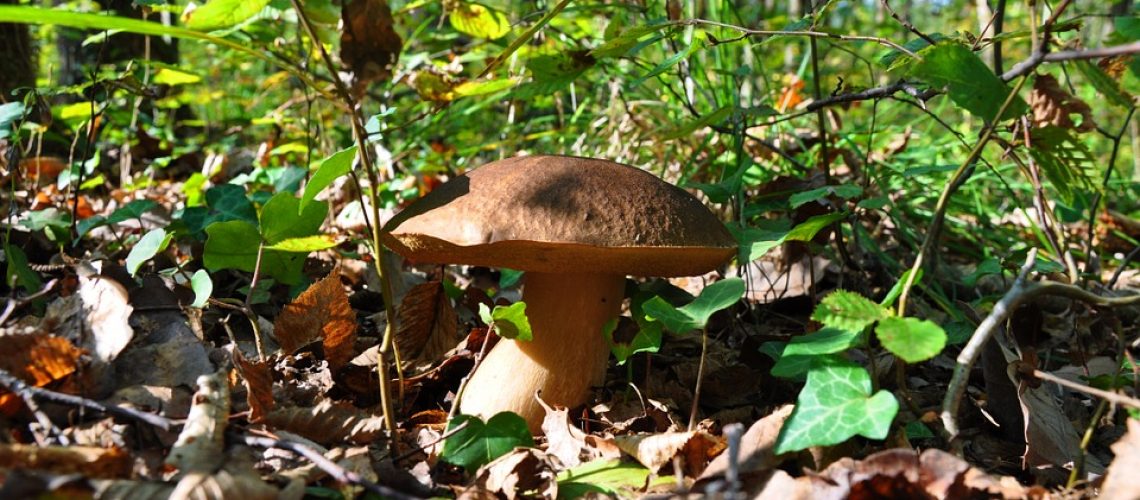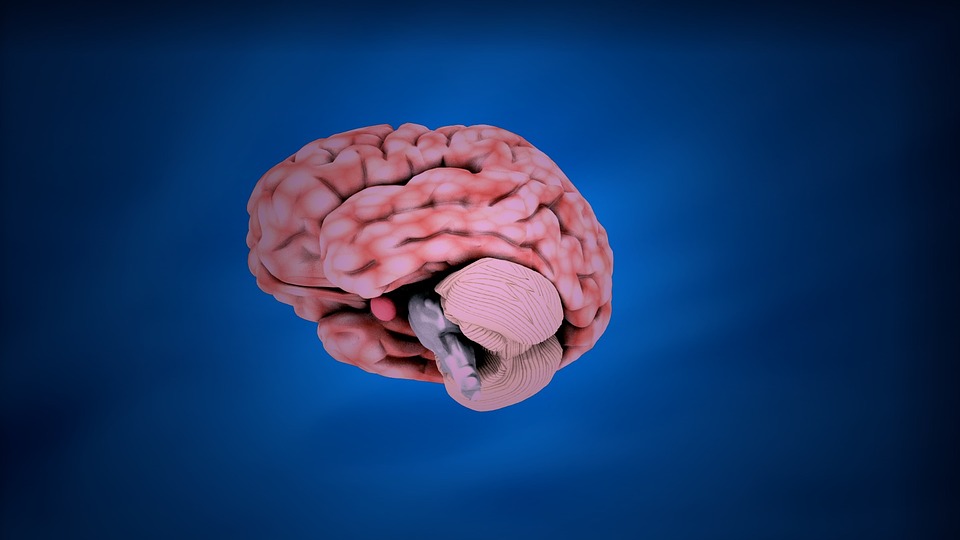Despite the large number of scientific studies conducted on cognitive decline, which is generally age-related but can also begin even before age 65 and dramatically result in irreversible diseases such as Alzheimer‘ s disease, no effective treatment has been identified at present.
In a recent study conducted at the National University of Singapore by a team of researchers coordinated by Lei Feng, a possible association between mushroom consumption and reduced risk of experiencing cognitive decline was examined. The study was carried out on nearly 700 people over the age of 60, comparing subjects who consumed a portion of mushrooms (about 300 grams) less than once a week, compared with subjects in whom mushroom consumption was present more than twice a week. In people in the latter group, the authors found a reduced risk of presenting cognitive decline: this association was, among other things, independent of age, gender, cigarette and alcohol consumption, physical activity, social relationships, and the presence of diseases such as high blood pressure, stroke, or cardiovascular disorders.
This effect is probably related to a substance found in mushrooms, ergothioneine, which has antioxidant properties and prevents the degradation of polyunsaturated fatty acids (Pahila et al, 2019). The authors conclude that mushrooms would have an active function against neuro-degeneration.
Could it be that an elixir against brain aging has finally been identified in mushrooms?
Bibliographical References
Lei Feng et al. The Association between Mushroom Consumption and Mild Cognitive Impairment: A Community-Based Cross-Sectional Study in Singapore. J Alzheimers Dis. 2019 Feb 11. doi: 10.3233/JAD-180959.
Pahila J, Ishikawa Y, Ohshima T. Effects of Ergothioneine-Rich Mushroom Extract on the Oxidative Stability of Astaxanthin in Liposomes. Agric Food Chem. 2019 Mar 6. doi: 10.1021/acs.jafc.9b00485.


































































































